23, April 2020
Iran Guards chief vows ‘decisive response’ after Trump threat 0
Iran’s Revolutionary Guards chief on Thursday warned the US of a “decisive response” after President Donald Trump said he ordered the US Navy to destroy Iranian boats that harass American ships in the Gulf.
Iran and the United States have appeared to be on the brink of an all-out confrontation twice in the past year.
Decades-old acrimony between the two sides worsened in 2018 when Trump unilaterally withdrew from a deal that gave Iran relief from sanctions in return for curbs on its nuclear programme.
Tensions escalated further in January when a US air strike killed Qasem Soleimani, the top Iranian general who headed the Guards’ foreign arm, the Quds Force.
“We declare to the Americans that we are absolutely determined and serious… and that all action will be met with a decisive response that will be efficient and quick,” Major General Hossein Salami said.
“We have also ordered our naval units to target (US boats and forces) if they try to endanger the safety of our ships or boats of war.”
The latest confrontation between the arch-foes came after the United States accused Iran of harassing its ships in the Gulf last week.
Trump took to Twitter on Wednesday as the Guards said they had launched the Islamic republic’s first military satellite.
The US president said he had “instructed the United States Navy to shoot down and destroy any and all Iranian gunboats if they harass our ships at sea”.
In response, Iran on Thursday summoned the Swiss ambassador to Tehran that represents US interests in the Islamic republic, state media said.
Salami said last week’s maritime incident was the result of “unprofessional and dangerous behaviour by the Americans in the Persian Gulf”.
The Guards commander also indicated that US actions in the sensitive waterway had been affected by an outbreak of the novel coronavirus.
“In last week’s incident, there was operational turmoil and disorder among US naval units at sea,” said Salami.
This, he added, was an indication that the “command and control of their military units may have been weakened by… the coronavirus disease”.
Iran and the United States are among the countries hardest hit by the coronavirus pandemic.
– ‘Cruel’ US sanctions –
Tehran called Thursday for Washington to be held accountable for the sanctions that have hampered its efforts to fight the coronavirus outbreak.
The Iranian health ministry said 90 new deaths in the past 24 hours took the country’s overall coronavirus death toll to 5,481.
“Today, the coronavirus has spread not only in Iran but in almost all countries, and it requires serious effort and collective action to deal with it,” said Iran’s deputy foreign minister, Abbas Araghchi.
“In addition to fighting the virus, Iran faces illegal and inhuman American sanctions, doubling the pressure on the Iranian people,” he said, quoted by his ministry.
“It is the right of the Iranian people to have access to their financial resources to fight the disease and to counter its economic consequences,” said Araghchi.
“The United States’ cruel and unilateral sanctions against Iran constitute a clear violation of Security Council Resolution 2231, and the United States must therefore be held accountable by the international community.”
Medicines and medical equipment are technically exempt from the US sanctions but purchases are frequently blocked by the unwillingness of banks to process purchases for fear of incurring heavy US penalties.
Iran’s coronavirus outbreak first emerged in the Shiite holy city of Qom on February 19.
Health ministry spokesman Kianoush Jahanpour announced 1,030 new cases of coronavirus infection on Thursday, taking the country’s total to 87,026.
Source: AFP
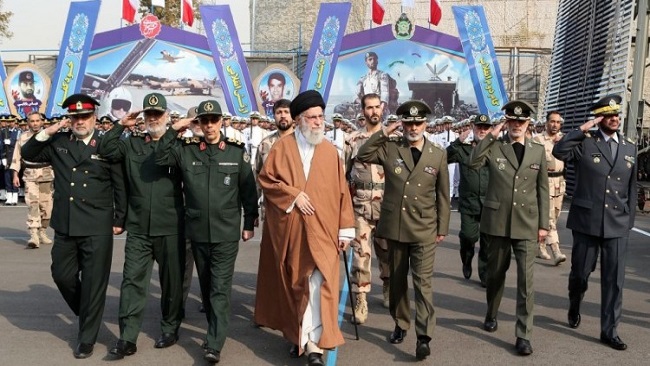
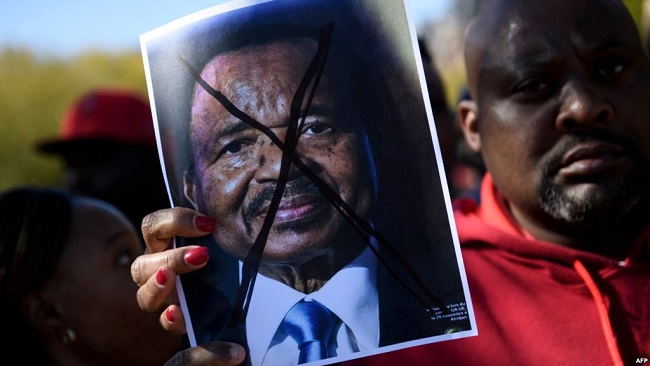
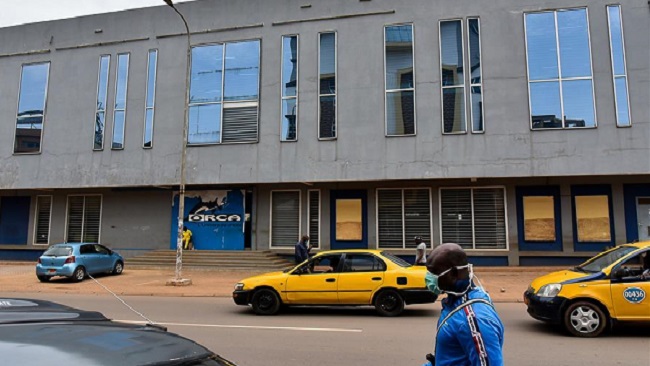
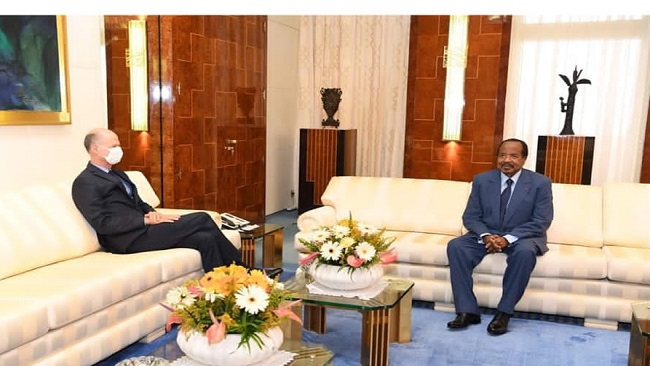
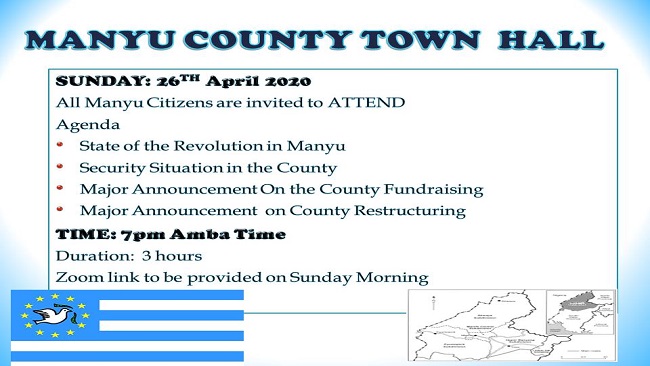

















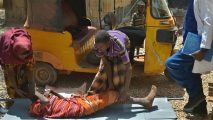




23, April 2020
UN chief warns that coronavirus poses a risk to human rights 0
U.N. Secretary-General Antonio Guterres said Thursday that the coronavirus pandemic is “a human crisis that is fast becoming a human rights crisis.”
The U.N. chief said in a video message that there is discrimination in the delivery of public services to tackle COVID-19 and there are “structural inequalities that impede access to them.”
Guterres said the pandemic has also seen “disproportionate effects on certain communities, the rise of hate speech, the targeting of vulnerable groups, and the risks of heavy-handed security responses undermining the health response.”
He warned that with “rising ethno-nationalism, populism, authoritarianism and a push back against human rights in some countries, the crisis can provide a pretext to adopt repressive measures for purposes unrelated to the pandemic.”
In February, Guterres issued a call to action to countries, businesses and people to help renew and revive human rights across the globe, laying out a seven-point plan amid concerns about climate change, conflict and repression.
“As I said then, human rights cannot be an afterthought in times of crisis — and we now face the biggest international crisis in generations,” he said.
The secretary-general said he was releasing a report Thursday on how human rights must guide the response to the virus and recovery from the pandemic. Neither he nor the report name any countries or parties responsible for human rights violations.
Guterres said governments must be “transparent, responsive and accountable,” and stressed that press freedom, civil society organizations, the private sector and “civic space” are essential.
The report said governments also need to take action to mitigate the worst impacts of COVID-19 on jobs, livelihoods, access to basic services and family life.
Guterres said any emergency measures — including states of emergency — must be “legal, proportionate, necessary and non-discriminatory, have a specific focus and duration, and take the least intrusive approach possible to protect public health.”
“Emergency powers may be needed but broad executive powers, swiftly granted with minimal oversight, carry risks,” the report warned. “Heavy-handed security responses undermine the health response and can exacerbate existing threats to peace and security or create new ones.”
The report said the best response is proportionate to the immediate threat and protects human rights.
“The message is clear: People — and their rights — must be front and center,” Guterres said.
Source: AP